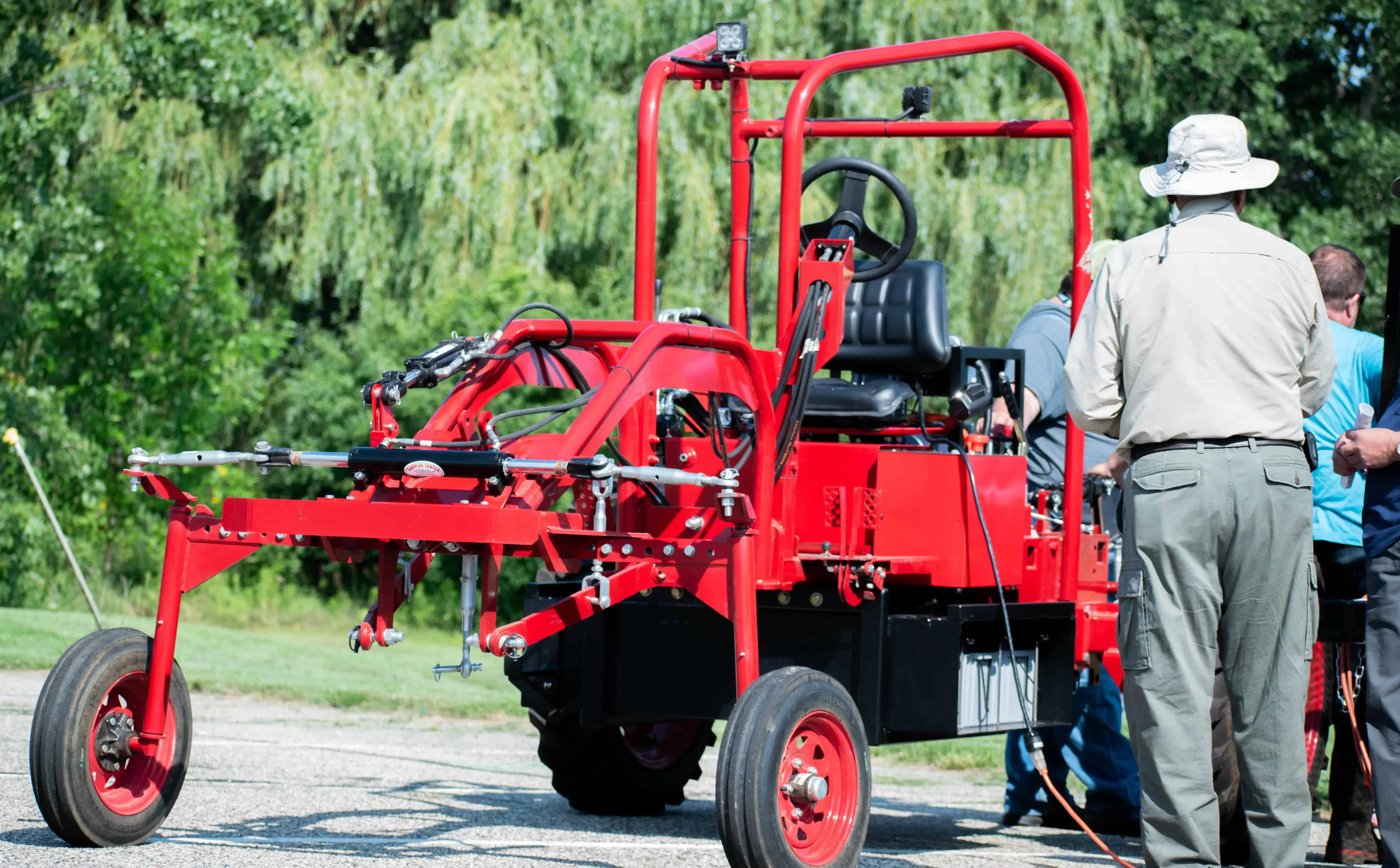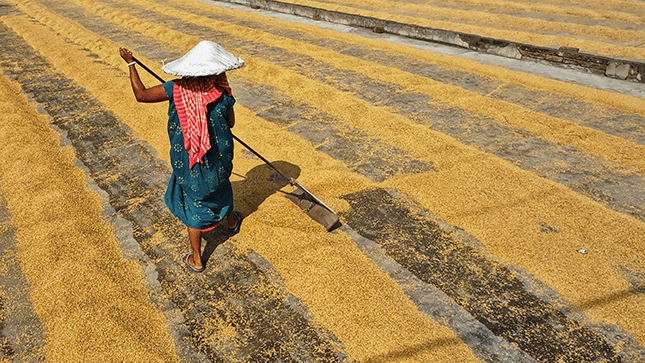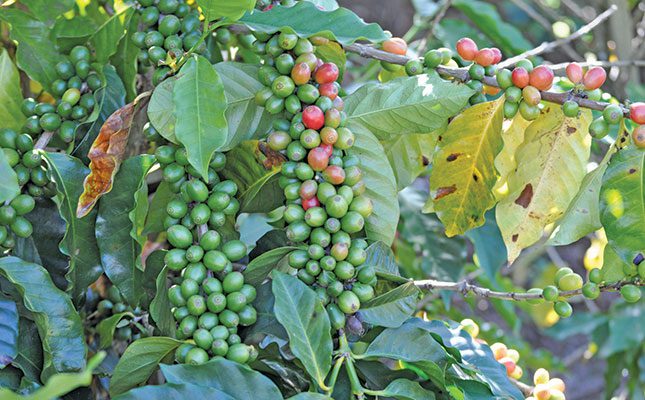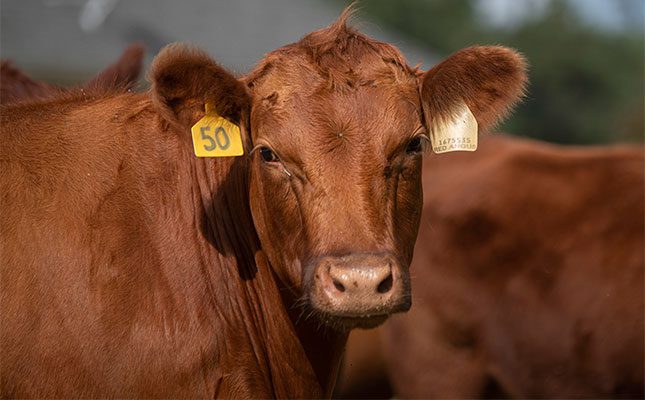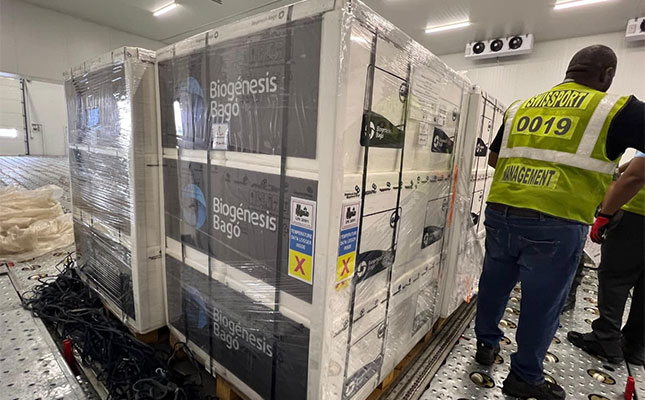
Reuters reported that Mexico’s cattle exports to the US were worth around US$1 billion (about R18 billion) annually.
Analysts partly attributed the current high US beef prices to the suspension of exports from Mexico, the report added.
Farmers and industry role players blamed the screwworm outbreak on the smuggling of cattle into Mexico from Central American countries, including Nicaragua, Honduras, and Guatemala.
According to InSight Crime, a think-tank and media organisation reporting on organised crime in the Americas, little was being done to curtail this growing economy.
“[Cattle smuggling] both satisfies the growing global demand for beef and helps to mask other criminal activities held in parallel, including cocaine trafficking and money laundering.
“In 2024, it facilitated the spread of diseases and pests across the region, including the screwworm,” a report on InSight Crime’s website said.
In 2022, Mexican authorities and sector experts estimated that at least 800 000 cattle were smuggled into Mexico every year.
Reuters stated that organised crime groups had long been linked to the theft and trafficking of livestock.
“It enables them to tap a lucrative market and extort money along the way. The animals come from Guatemala, Honduras, Nicaragua, or other Central American countries, [and …] enter Mexico with black market ear tags and falsified documents.”
Local veterinarians in Chiapas, slaughterhouse professionals and producers confirmed to Reuters that cattle smuggling was a major factor in the screwworm outbreak.
“These animals bypass government checkpoints, sanitary inspections, and taxes, and are then sold to meat companies or larger cattle producers,” the report added.
But local government officials in Chiapas refuted the claims that this was a major factor in the spread of screwworm.
According to Reuters, these officials blamed the “unchecked movement of the screwworm fly and a failure to report cases and seek treatment”.
Meanwhile, Mexico’s federal government was reportedly setting up a US$51 million plant (R904 million) in Chiapas to breed sterile screwworm flies, with the help of US$21 million (R372 million) from the US.
However, the plant is not expected to start operating before 2026.
Carlos Mahr, cattle farmer president of the Chiapas Livestock Union, told Reuters that livestock producers were hesitant to report cases of screwworm due to fears that officials might shut down their businesses or slaughter their animals.
However, officials assured the news outlet that infected animals would not be slaughtered.
According to Reuters, screwworm maggots burrowed into the flesh of living animals and could cause serious damage to livestock.
“While it can often be fatal, infected animals can be treated by removing larvae and applying medications, if it is detected early enough,” the report added.
Get trusted farming news from Farmers Weekly in Google Top Stories.
➕ Add Farmers Weekly to Google ✔ Takes 10 seconds · ✔ Remove anytime

